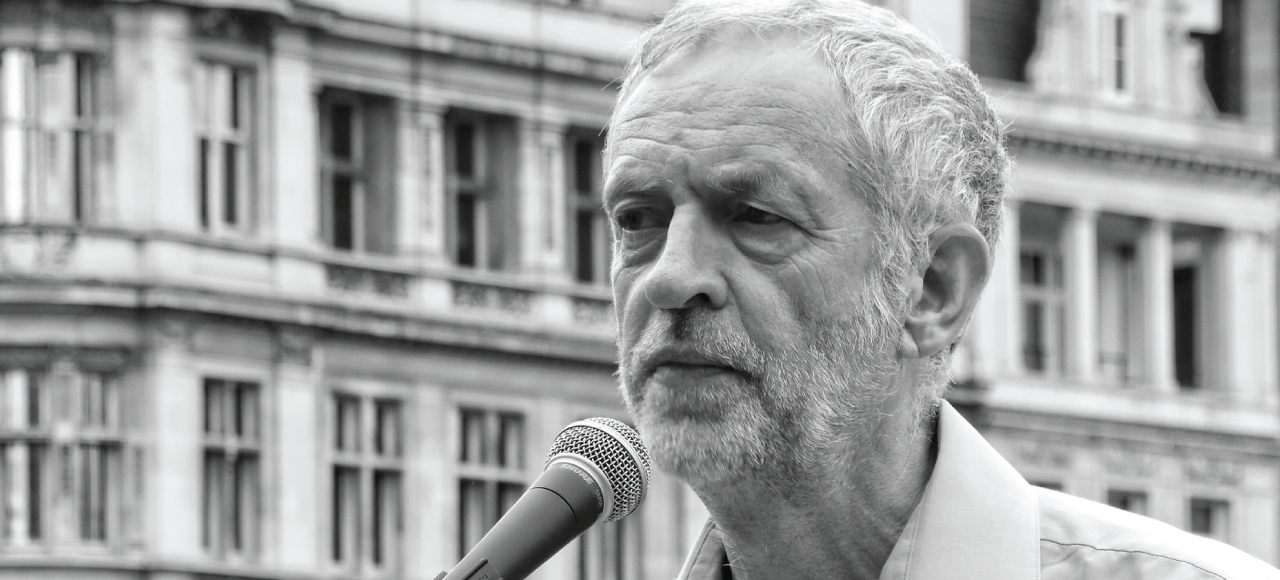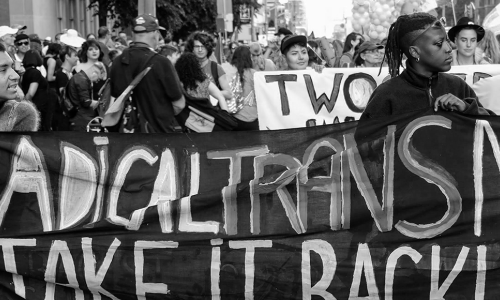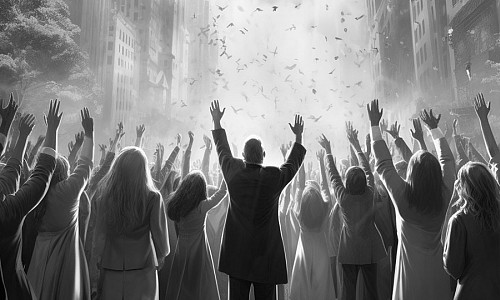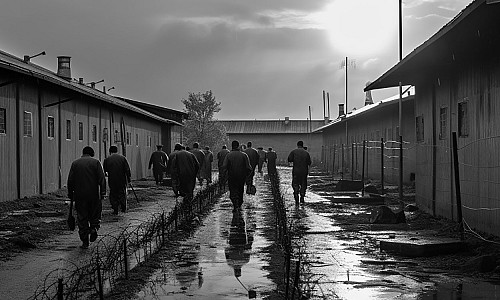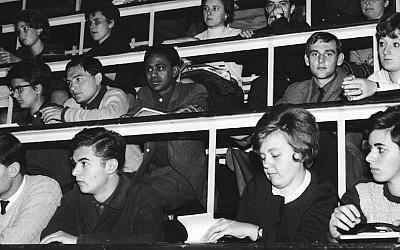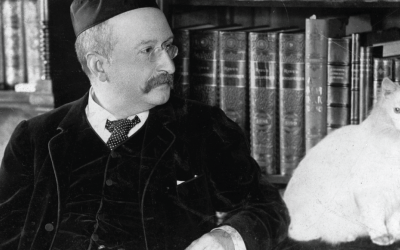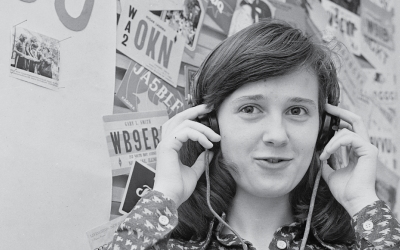Lorna Finlayson on what makes this election different.
I work as a political philosopher, but until recently I’ve kept well out of party politics and like many people I’ve found it very difficult even to take much interest. For most of my conscious life, mainstream electoral politics has looked obviously hopeless (not to mention boring). By the time I was old enough to vote, I could no longer see the point (I voted anyway, but I cant honestly say I know why). As students, we saw betrayal after betrayal, first from New Labour, then from the Liberal Democrats. Many of us felt that voting, if there was any point in it at all, was not enough. We were also involved in protest movements, campaigns, direct action. Student activism against the marketisation of education and the raising of fees reached a peak during my time as a graduate student: countless letters and articles – carefully reasoned and researched, as we were always told was necessary to “win the argument” – as well as chants, slogans, petitions, marches, rallies, occupations. It seemed to make no difference whatsoever. It was clear it didnt matter to those in power what students, or their parents, or the population in general thought. We did not lose the argument; we were kettled, assaulted or simply ignored.
This election feels very different from any I’ve so far lived through. One obvious thing that makes it different is Jeremy Corbyn. It is not that what he is saying is so extraordinary. The only extraordinary thing is that someone who speaks basic sense – and who is able to offer something to vast swathes of people whose views and wishes have for a long time been treated as worthless – has managed, on the back of a sizeable movement and against the odds, to slip through the net and onto the ballot paper. It shouldnt be exhilarating to be able to vote for one of the main parties without wanting to vomit, but it is. My predominant emotion when facing this election, however, is fear – real, literal fear, because while you can always leave academia when it gets to be totally uninhabitable for anyone with an actual interest in learning or teaching (and we are close), you cant just stop being a human being, and nor can your friends or your family. And what is going to happen to human beings if the Tories get another five years to finish off the NHS (among other, related projects), is that we will suffer and die, avoidably and prematurely. As with higher education, the privatisation of health care has been underway for some time, and was started by New Labour before being seized upon and accelerated by Conservative governments. But now, it is abundantly clear, time is running out. Never in my lifetime has the choice been so stark, or the stakes so high.
Lorna Finlayson is lecturer in philosophy at the University of Essex. Her books include The Political is Political: Conformity and the Illusion of Dissent in Contemporary Political Philosophy and An Introduction to Feminism
Image: Garry Knight via Flickr Creative Commons
You might also like...


